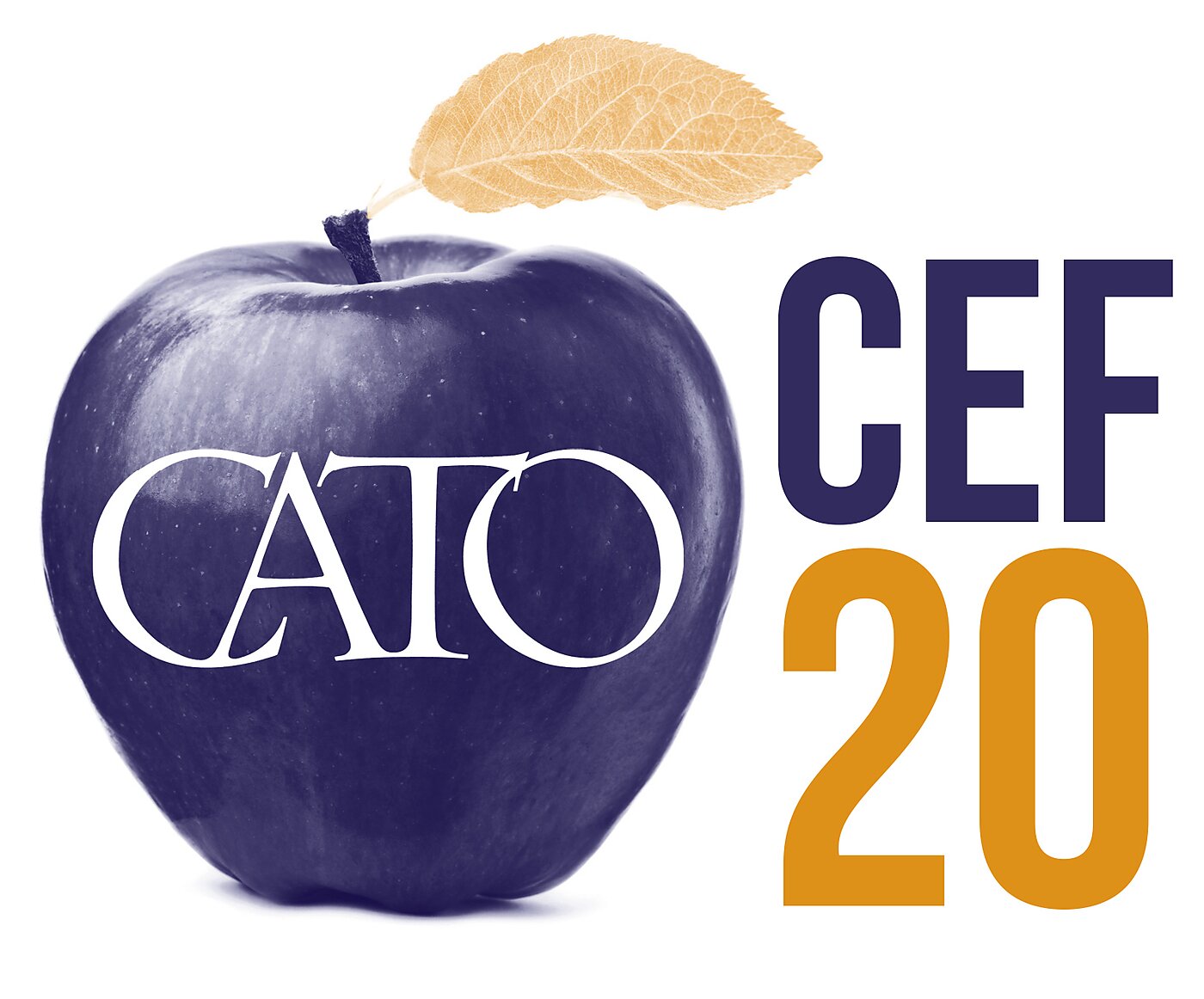“No policy issue is more important than the education of our children,” Edward Crane, the Cato Institute’s president at the time, told Education Week when the Center for Educational Freedom (CEF) was launched in 2002. “The center will explore ways to give parents, students, and teachers more choice and more freedom.”
Cato brings a crucial voice to the discussions around education by focusing on the importance of families being able to decide how their children will be educated. The Public Schooling Battle Map is a key part of this effort as it illustrates the fights that ensue when diverse families are pushed into a monopoly education system.
As Cato CEF Director Neal McCluskey says, “Educational freedom is ultimately about bedrock American principles: liberty and equality under the law. A huge bonus is the peace that comes with families and educators able to freely choose the values and knowledge they think are best, rather than having to fight to dominate their neighbors to get what they believe their children need.”
Over the years, Cato CEF scholars have weighed in on education issues at all levels. Some of the issues they’ve tackled over the year will sound familiar to anyone following today’s school choice and education freedom debates.
- Helping Kids Succeed in School Is Not “Creaming” (February 2002) “Parents who enroll their children into private schools supposedly are turning their backs on public schools. But is there anyone who would criticize parents for trying to find the best doctor for their children?”
- Keeping the Nation at Risk (April 2003) “The unions welcome reforms that lead to higher salaries and smaller classes for teachers and more dues‐revenue for the unions. At the same time, the teacher unions oppose reforms that would empower parents or allow private schools to compete on a level playing field for students.”
- Let the Money Follow the Student (December 2006) “Only by empowering parents to choose their children’s schools can Mayor‐elect Fenty achieve his goal of a quality education for every child.”
- Has Federal Involvement Improved America’s Schools? (November 2009) “Wouldn’t it be better to make schools adapt to the needs of individual kids instead of trying to forcibly fit the kids into a single bureaucratic learning schedule? Wouldn’t it be better to give teachers the professional freedom to do their jobs, and then make it easier for families to pick the best schools for their children — public, private, or parochial?”
- Public Schooling Hurts When You’re Not the Majority (June 2015) “How do we get the peace necessary for social cohesion without eliminating every potentially controversial thing from every school? Let all people freely choose educational options by funding students, not schools, through scholarship tax credits that let people choose whether to donate and to whom. In other words, stop basing education in winner‐take‐all ‘democracy’ and start basing it on the true foundations of American life: liberty and equality for all.”
- There’s No Such Thing as a “Public” School (June 2016) “At best, so‐called ‘public’ schools have to take all children in a particular geographic area, although they can and do expel children based on their behavior. They are more appropriately termed “district schools” because they serve residents of a particular district, not the public at large. Privately owned shopping malls are more ‘public’ than district schools.”
- Teachers Should Be Striking for More School Choice, Not Less (January 2019) “On the contrary, increasing competition for teachers’ employers — by expanding access to school choice — would give school districts the incentive to give teachers what they’re worth.”
A lot has happened since the Cato Institute launched the Center for Educational Freedom in 2002. Later that year, the U.S. Supreme Court upheld Cleveland’s voucher program in Zelman v. Simmons‐Harris. This helped inspire other school choice programs. Today, 31 states offer some type of private school choice, including education savings accounts, tax credit scholarships, and vouchers. But even in those states, strict eligibility or funding limitations means most children are kept out of the programs. So there’s still much work to be done. And Cato CEF will be here to help with that work.
More choice and freedom in education has been Cato CEF’s mission from day one. Throughout this anniversary year, we’ll be looking back as we continue to push forward. We hope you’ll join us in celebrating 20 years.

